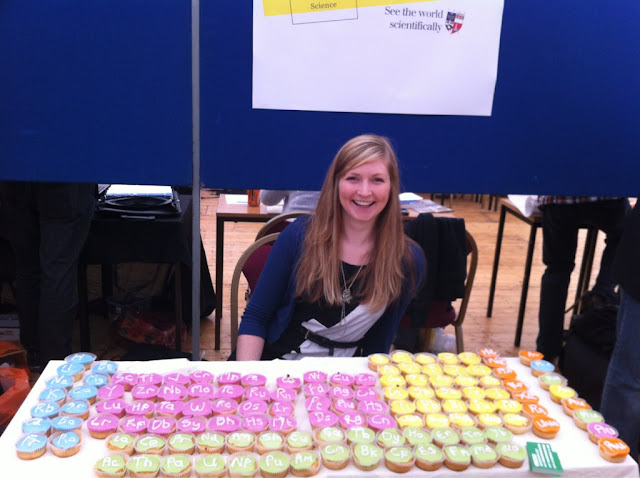My 2015 Reading List
As many people are looking for presents at this time of year I thought I would round up some of my favourite books that I read in 2015 (along with a few other favourites). My plan was to write full reviews of all of these books but somehow it is the end of the year and I never quite managed it. This year has gone by so quickly. If you have any suggestions of your own please add them below. I am looking for a few new reads over the holidays So You've been Publicly Shamed, Jon Ronson I really enjoyed this book and the follow ups Jon has done with people who have become well known for all the wrong reasons due to exploits, mishaps and misinterpretations on social media. It starts to think about how and why people behave like they do online and it could go into a little more depth but is a great read to make you think about how mob mentality, anonymity and online behaviour in general can be a powerful tool but also a dangerous force. How to Thrive in the Digital Age, Nick





